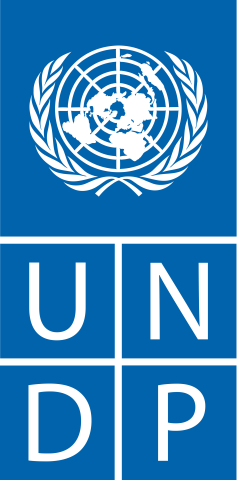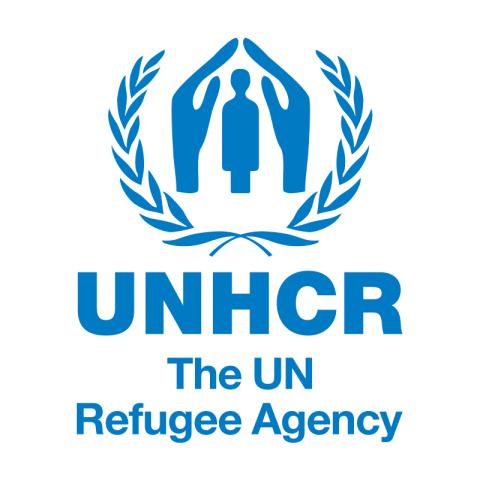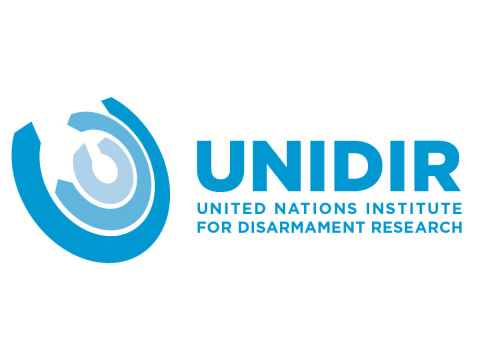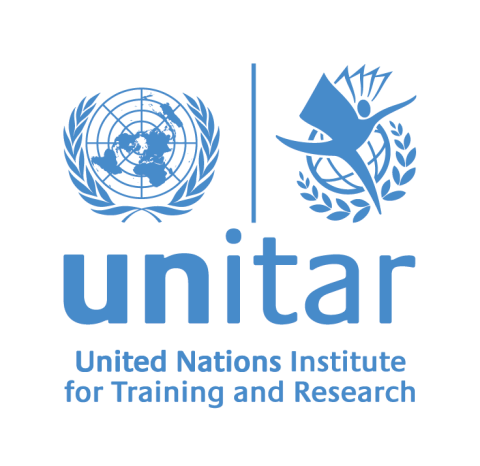
Breadcrumb
How does the UN work towards peace?
At the early stages of a disagreement within or between States, the UN steps in to prevent them from turning into violent conflicts. The UN’s “preventive diplomacy” can span one or several of the following activities:
- The Security Council investigates any such situation and recommends next steps to reach a peaceful settlement.
- The Secretary-General can serve as a negotiator between parties. Alternatively, he mandates a Special Envoy, a senior UN official, to bring the conflicting groups to the negotiating table, discuss and compromise.
- The UN offers mediation services when both parties agree to a third, neutral actor who can guide the process of achieving an agreement. The Department of Political and Peacebuilding Affairs (DPPA) has a Mediation Support Unit, which offers advisory, financial and logistical support to peace processes. It can also deploy seasoned mediators anywhere in the world.
- Political Missions are field offices with different mandates, including preventive diplomacy. These missions prevent and solve conflict and can support complex political processes within a country.
- In addition, many of the UN’s ongoing activities prevent conflict: the organization’s work on development, reducing poverty, respecting human rights and limiting arms is an invaluable contribution towards its efforts to maintain peace.
Example: The United Nations Office for West Africa and the Sahel (UNOWAS) has a dedicated mandate for preventive diplomacy and mediation in West Africa. As part of its mandate, UNOWAS oversees the implementation of a ruling of the International Court of Justice regarding a border conflict between Cameroon and Nigeria. The office supports the demarcation of the boundaries, assists affected communities and manages the transfer of power inside the disputed area from Nigeria to Cameroon.
If a conflict has erupted and spread, the UN’s main goals are to protect innocent people and to end the hostilities as quickly as possible.
The actors on UN side are largely the same as in the first phase of conflict prevention, but their focuses shift:
- The Security Council discusses all aggressions and recommends future action. These can range from economic sanctions to military action against an aggressor.
- The Secretary-General’s role, just as those of his Special Envoys, involves mediation, and arbitration to overcome the tensions. They, as well as other experienced UN mediators, can advise the parties on issues such as power-sharing, natural resources and conflict, constitution-making, ceasefires, and other security arrangements.
UN Peacekeeping is often the first step towards a lasting peace. If the security situation in a conflict is stable enough, the UN makes an assessment to determine next steps and reports its findings to the Security Council. The latter can, as one possible option, decide to deploy UN peacekeepers. These are military, police and civilian personnel who can be tasked with a broad range of mandates, from protecting civilians to making sure that the conflicting parties do not clash again, to assisting in re-building a functioning state and governance – e.g. assisting to reinstate law and security institutions; overseeing elections; disarming and reintegrating former combatants into society; and much more.
Currently, the UN operates 11 peacekeeping missions worldwide.
When a conflict is over, the country or countries affected need to recover from its consequences, cities and societies must be rebuilt. The UN’s Peacebuilding Commission, a body of 31 Member States, discusses strategies for such a recovery and brings together everyone involved in a long term post-conflict peace process. It is supported by the Department of Political and Peacebuilding Affairs. Among others, the Department manages a Peacebuilding Fund which invests in peacebuilding activities on all levels. This covers, for example, costs for counselling and psychological or legal services as well as financial support for affected persons, training and dialogues within communities.
Some Political Missions have a dedicated peacebuilding mandate. The United Nations Integrated Peacebuilding Office in Sierra Leone (UNIPSIL, 2008-2013), for example, was created to provide political advice to foster peace and political consolidation, offer support and training to the national police and security forces, and build the capacity of democratic institutions in furtherance of good governance and the promotion and protection of human rights.
The calculation is simple: a world with fewer arms will be a world with fewer armed conflicts. The UN’s work on disarmament is therefore an important puzzle peace in its overall efforts to achieve and maintain peace.
UN Organizations working on Peace
In line with Security Council resolution 2254 (2015), the United Nations Special Envoy for Syria undertakes efforts to build trust among warring parties and convene and facilitate negotiations toward a political settlement of the Syrian conflict.
The Special Envoy is committed to engaging the [...]
UNDP is the leading United Nations organization fighting to end the injustice of poverty, inequality, and climate change. Working with a broad network of experts and partners in 170 countries, the agency helps nations to build integrated, lasting solutions for people and planet.
The UNDP Office in [...]
UNHCR, the UN Refugee Agency, is a global organization dedicated to saving lives, protecting rights and building a better future for people forced to flee their homes because of conflict and persecution. We lead international action to protect refugees, forcibly displaced communities and stateless [...]
As a dedicated training arm of the United Nations system, the United Nations Institute for Training and Research (UNITAR) provides innovative learning solutions to individuals, organizations and institutions to enhance global decision-making and support country-level action for shaping a better [...]
Housed at the Palais des Nations, the United Nations Office at Geneva (UNOG) serves as the representative office of the Secretary-General at Geneva. A focal point for multilateral diplomacy, UNOG serviced around 8,000 meetings last year, making it one of the busiest conference centres in the world [...]








